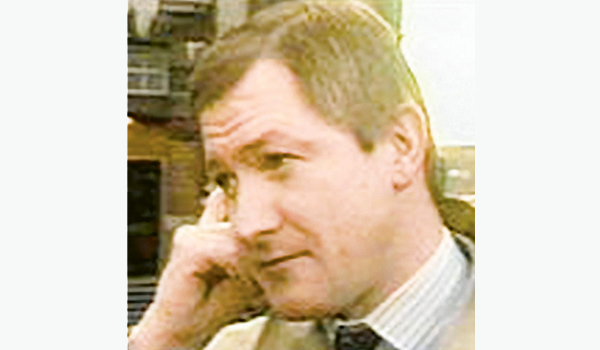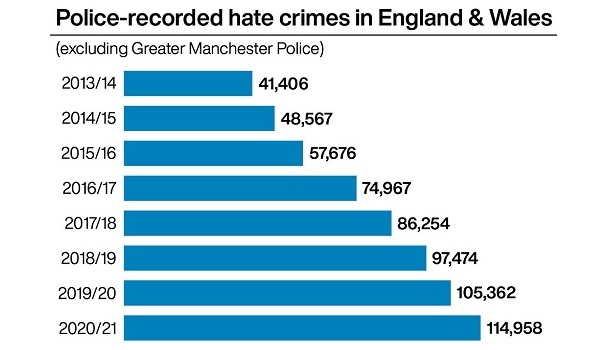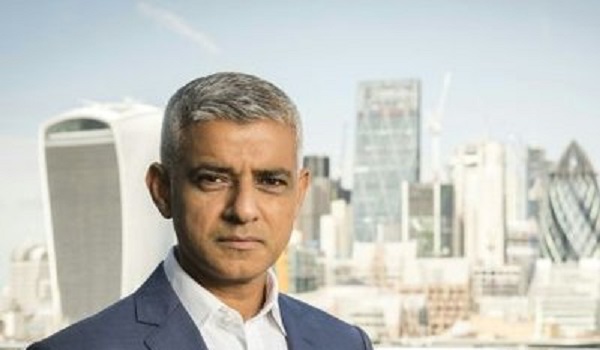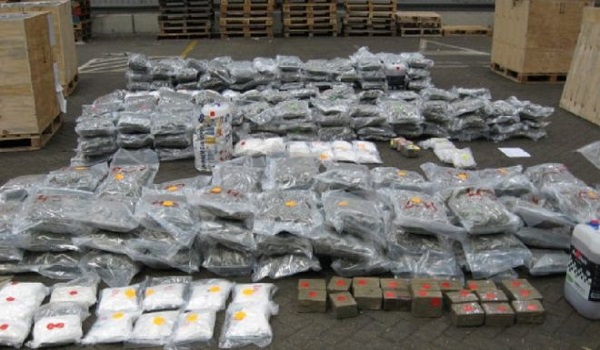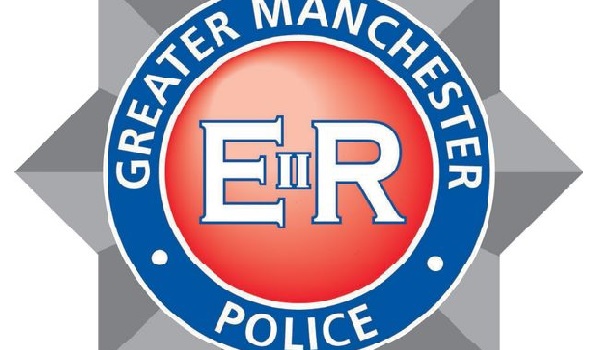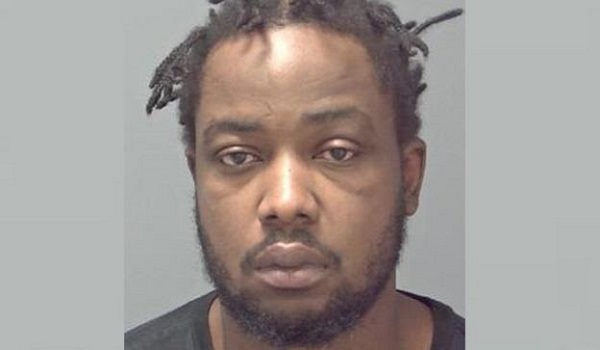Government decides against immediate public inquiry into Pat Finucane murder
The British Government has decided not to order an immediate public inquiry into north Belfast solicitor Pat Finucane’s murder during the Troubles.
Outstanding issues before the Police Ombudsman’s office concerning original police investigations should be addressed first, the Northern Ireland Office (NIO) said.
There could also be a review of the case by officers at the start of next year, highly likely to be carried out by a force from outside Northern Ireland.
Mr Finucane, 39, who represented republican and loyalist paramilitaries during the conflict, was shot dead in his family home in north Belfast in February 1989 by the Ulster Defence Association (UDA) in an attack found to have involved collusion with the State.
His son John said: “We are very angry.
“What the British Government proposed to us today was nothing short of insulting.”
The chief constable of the Police Service of Northern Ireland (PSNI), Simon Byrne, said there were no new lines of inquiry.
Northern Ireland Secretary Brandon Lewis said: “It is in the public interest to allow the police and ombudsman processes to proceed before taking any decision on whether the State’s Article 2 (duty to investigate deaths) obligations have been discharged or whether further steps are required.”
Mr Finucane’s widow Geraldine and the couple’s three children have been campaigning for decades for a public inquiry to establish the extent of security force involvement.
Last year, the Supreme Court said all previous examinations of the death had not been compliant with human rights standards.
John Finucane, Sinn Fein’s North Belfast MP, said the Northern Ireland Secretary’s response was a disgrace, adding the family had waited 31 years for an effective investigation into the murder of their father.
“The British Government at every opportunity will continue to make the wrong decision and put all their efforts into ensuring that the truth of what happened to my father will not see the light of day and they are intent on suppressing that,” he said.
Mr Lewis told MPs he would “consider all options available to me” to meet the Government’s obligations to ensure an effective investigation into the death.
He added in the Commons: “This Government has demonstrated that when the public interest requires it, we will establish public inquiries to look at any potential failings by government or state bodies – as, for example, we’ve done with the Manchester bombing.”
He said Mr Finucane’s death was just one example of the violence and tragedy experienced by so many people across Northern Ireland, the rest of the UK and Ireland during the Troubles.
He added the Government remains committed to dealing with the “legacy of the past in its entirety”.
The Supreme Court acknowledged Mrs Finucane had been given an “unequivocal undertaking” by the Government following the 2001 Weston Park agreement with the Irish Government that there would be a public inquiry into the murder.
The judges found that the Government had been justified in later deciding against holding one.
The court said it was up to the Government to decide what form of investigation was now required, if one was feasible.
Amid a government delay in responding to the judgment, Mrs Finucane took fresh judicial review proceedings against the State.
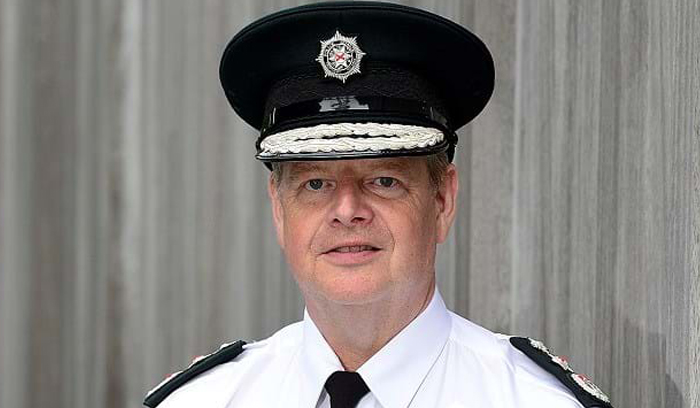
Mr Byrne said: “It is our view that there are currently no new lines of inquiry.
“We now need to decide if a further review is merited given all the previous investigations into this case.”
He promised to inform the Finucane family once a determination has been made.
“If we determine that a review should take place, we will then have to decide if we are best placed to carry out that review.
“As it stands it is unlikely that we would enjoy a perception of independence in this case, given the accepted position of state involvement in this matter.
“Therefore, it is highly likely that any review would need to be conducted independently.”
He said the murder of Mr Finucane was “a truly horrendous crime”, which has been the subject of extensive criminal inquiries, a report by Judge Cory and a peport by Sir Desmond de Silva. A former Prime Minister and a former chief constable have also apologised for State involvement in the murder.
“I echo the apology given by the chief constable in 2012 to Mr Finucane’s wife, Geraldine, and her family,” said Mr Byrne.
“Absolutely no one is above the law and the Finucane family deserve to have justice for the loss of a husband and father.
Mr Byrne said the decision around the holding of a public inquiry was a matter for the NIO and is “outwith the statutory responsibilities of the PSNI”.
He added: “Due to the absence of any other solution for dealing with the past in Northern Ireland, the statutory duty for investigating deaths during the Troubles continues to sit with the PSNI. For this reason, the murder of Mr Finucane rests within our Legacy Investigation Branches’ caseload. The Branches Case Sequencing Model routinely brings Troubles-related deaths forward for a review.
“Following the publication of the de Silva review in 2012, we established a review of the de Silva report to assess if there were any outstanding actions for police. As a result of that review, we referred a number of issues to the Police Ombudsman for Northern Ireland (PONI). Four recommendations were also for the police service.”
Mr Byrne said they also contacted those responsible for the conduct of the de Silva review regarding the material described by de Silva as “new and significant”.
“Following consideration by the Public Prosecution Service, it was concluded that this material did not provide credible opportunities to pursue criminal investigations,” he added.
“The NIO recently wrote to us to ask if there were any outstanding matters in relation to the murder of Mr Finucane. We confirmed that the case sat within in our Case Sequencing Model and it would be due for its review and that four recommendations for Police were outstanding following our internal review of de Silva.”
The PONI said a total of 13 separate matters arising from the de Silva review were formally referred to it by the PSNI in February 2016.
“However, at this stage events connected to the murder of Pat Finucane are not central to any of our ongoing investigations,” it said.
“Two of the matters were investigated as part of our broader inquiry into whether police took appropriate steps to prevent and investigate a number of Loyalist attacks in south Belfast in the 1990s.
“Our investigation of those matters is now complete and our findings will be published as part of the report on the broader investigation.
“A number of matters have been incorporated into another major Police Ombudsman investigation arising from complaints about police conduct in relation to terrorist activity by the UDA.
“The remaining issues were not immediately relevant to existing investigations and will be progressed as standalone cases.
“Each of these matters was assessed using our case prioritisation policy. This policy informs the sequencing of our historical inquiries given available resources. Those matters which have not progressed to investigation at this stage will be advanced when resources allow.”
Irish Foreign Affairs Minister Simon Coveney said he was disappointed but noted a public inquiry had not been ruled out in future.
“In a case like this, in which Prime Minister [David] Cameron acknowledged that there were ‘shocking levels of collusion’, there is an undeniable onus on the state to do everything possible to restore public confidence through a process that fully meets relevant international standards and obligations of effectiveness, independence and transparency.”
Taoiseach Micheal Martin said the decision will come as a further blow to Mrs Finucane and her family, who have been pursuing truth and justice for three decades with “great dignity”.
He added that the Irish government would reflect on the steps outlined by the British Government, but that it remained strongly of the view that a public inquiry was needed.
He noted that dealing more broadly with legacy issues from the past was a shared challenge.
His statement added: “In this context, delivering on prior commitments, however difficult, was important in terms of building public confidence and trust.”


